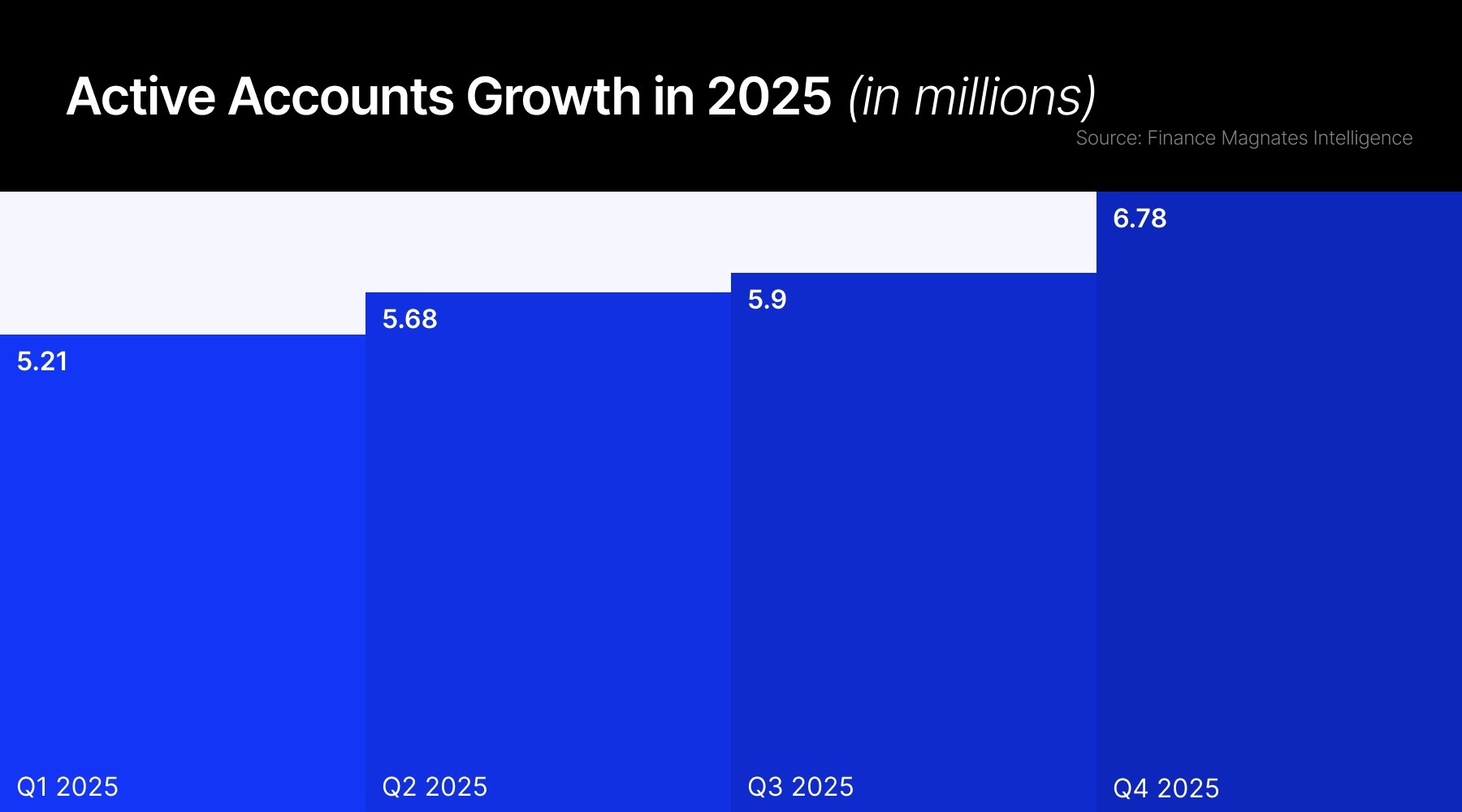The cryptocurrency project SafeMoon has filed for bankruptcy in Utah Bankruptcy Court. With assets ranging between $10 million to $50 million and debts between $100,000 to $500,000, this bankruptcy filing has unveiled a dire financial situation in the company.
This step followed the recent arrest of SafeMoon's executives, John Karony, the Chief Executive Officer; Thomas Smith, the Chief Technology Officer; and Kyle Nagy, the Founder.
These arrests, which were made last month, involved charges related to securities fraud conspiracy, wire fraud conspiracy, and money laundering conspiracy. Additionally, the executives face allegations of misappropriating investors' assets and deceiving customers.
The aftermath of the bankruptcy filing affected SafeMoon's market performance, witnessing a staggering plunge of 42% in the value of SFM tokens within 24 hours, Coindesk reported.
SEC's Charges and Fraud Allegations
Last month, the US Securities and Exchange Commission (SEC) charged Karony, Smith, and Nagy, citing a fraudulent scheme related to the unregistered sale of SFM. These accusations revealed misappropriation exceeding $200 million, Finance Magnates reported.
The SEC's accusations depicted fraudulent activities by SafeMoon's team, assuring investors of the safety of their assets. However, an undisclosed portion of SafeMoon's liquidity pool was unlocked, allowing for the diversion of funds for personal use.
David Hirsch, the Chief of the SEC Enforcement Division's Crypto Assets and Cyber Unit, mentioned: "Decentralized finance claims to deliver transparency and predictable outcomes, but unregistered offerings lack the disclosures and accountability that the law demands, and they attract scammers like Kyle Nagy, who use these vulnerabilities to enrich themselves at the expense of others."
SafeMoon's Price Surge, Crash, and Alleged Manipulation
The exponential rise in the price of SFM in early 2021 reportedly propelled its market capitalization to a staggering $5.7 billion. However, this upsurge was short-lived after the discovery of the unlocked liquidity pool triggered a decline in price by almost 50%.
According to the SEC, the aftermath of this crash witnessed alleged attempts by Karony and Smith to artificially prop up SFM's price. Besides that, the executives are accused of market manipulation and wash trading. Simultaneously, the US Department of Justice has initiated lawsuits against SafeMoon's Founders.
In March, a network upgrade by SafeMoon introduced a bug, compromising its liquidity pool. This security breach resulted in the loss of approximately $8.9 million worth of SFM tokens. This was reportedly caused by a vulnerability that allowed the burning of tokens from different addresses, Cointelegraph reported.
The Blockchain investigator PeckShield identified this issue, alleging that attackers manipulated SafeMoon's tokens, spiking their value and then selling them at an inflated price.


















